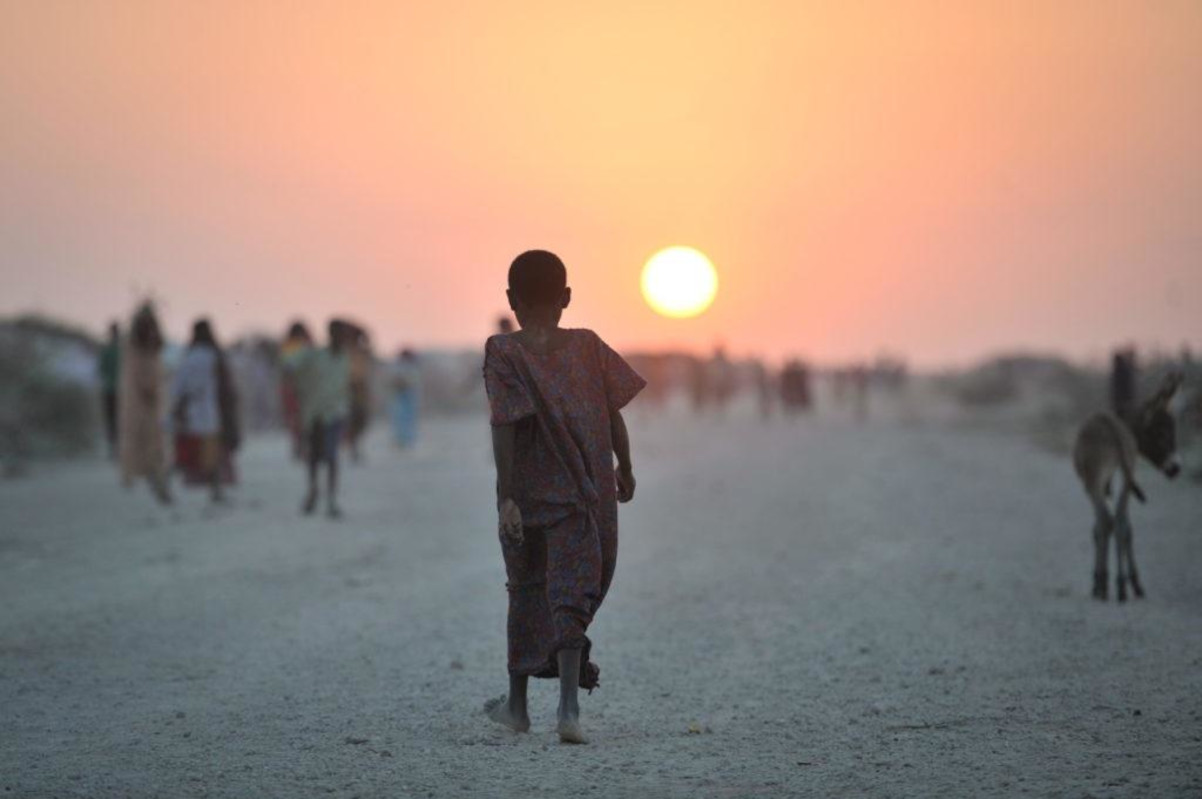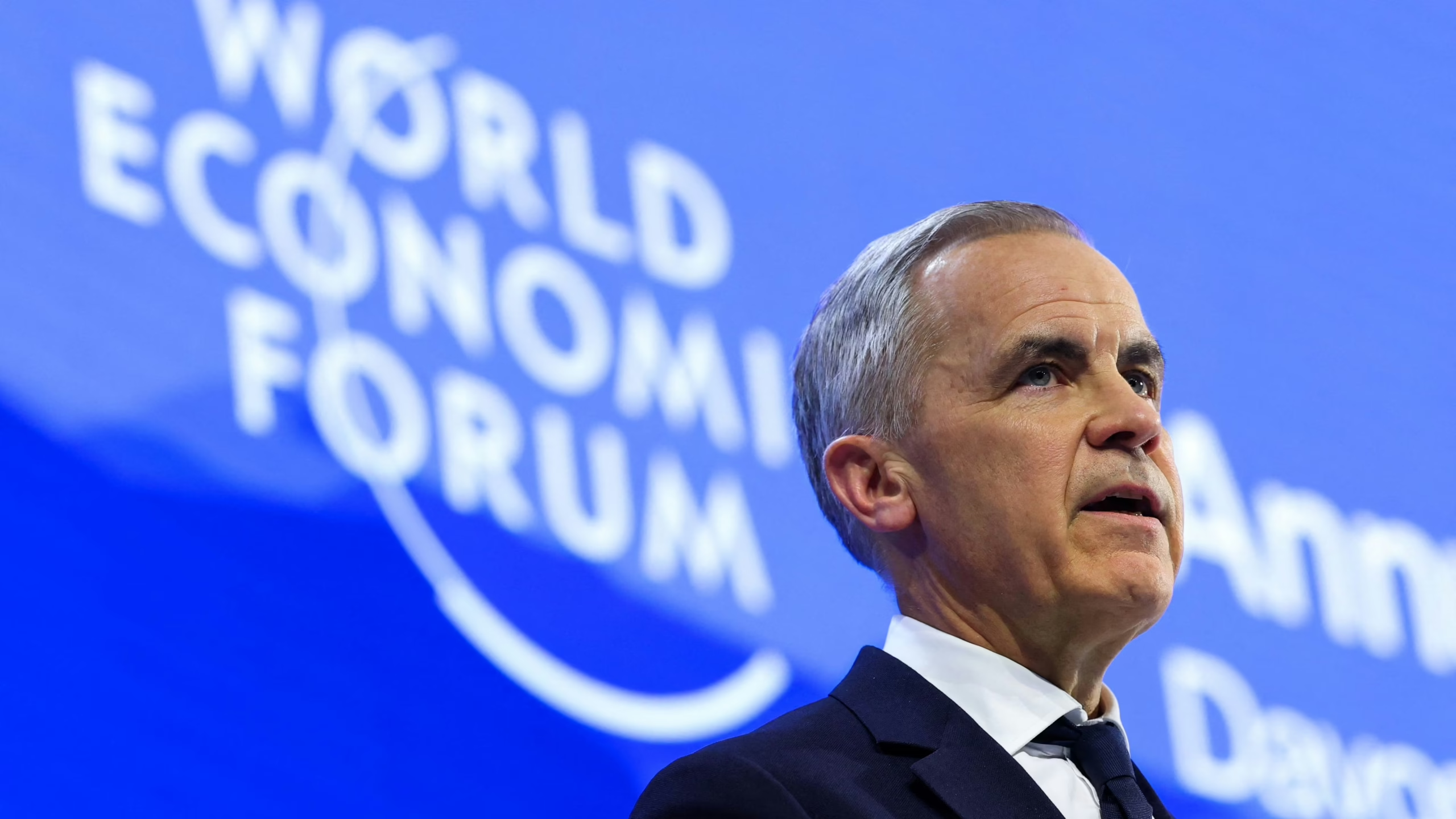The absence of Xi and Putin and India’s rejection of an SCO joint statement expose deep fractures within BRICS and the SCO. Once seen as pillars of a rising multipolar order, both groupings now struggle with internal discord, weak institutions, and fading strategic relevance.
The Shanghai Cooperation Organisation (SCO) defence ministers meeting in China on 26 June 2025 ended without a joint statement—a quiet but significant failure. India declined to endorse the statement, citing its omission of New Delhi’s concerns over cross-border terrorism, particularly an April attack targeting Hindu men on religious grounds. Furthermore, in the 17th BRICS Summit held in Brazil on 6-7 July 2025, neither Chinese President Xi Jinping nor Russian President Vladimir Putin showed up.
Together, these developments puncture the narrative that institutions like BRICS and the SCO are ushering in a new multipolar order to rival the US-led liberal international system. Instead, they reveal the internal incoherence, competing national agendas, and strategic drift within the very coalitions that claim to offer an alternative.
The Shanghai Cooperation Organisation was once hailed as a cornerstone of emerging Eurasian security cooperation—an Asian NATO in the making. Yet, this year’s summit in Qingdao, China, did little to project unity. India-Pakistan tensions, long a source of gridlock within the group, remain unresolved. Meanwhile, China’s growing influence in Central Asia has stoked unease among states like Kazakhstan and Uzbekistan, wary of Beijing’s expanding footprint.
The SCO’s paralysis was mirrored at the BRICS summit in Rio de Janeiro, where Xi and Putin’s conspicuous absence came less than a year after BRICS expanded to include Egypt, Iran, Ethiopia, and the United Arab Emirates—a move meant to signal growing momentum across the Global South. Instead, it has further complicated consensus-building. Brazil and India remain cautious about overt anti-Western alignment. Russia and Iran, both under Western sanctions, are more interested in financial and political relief than in long-term institution-building. China’s posture shifts between confrontation and engagement with the West, depending on economic conditions at home.
BRICS now resembles a patchwork of national interests rather than a unified front. It still lacks a common currency, a functioning secretariat, or agreement on basic strategic goals. The New Development Bank (NDB), once envisioned as a rival to the IMF and World Bank, has limited operational capacity and has had to scale back lending to sanctioned members. Despite repeated statements on “de-dollarisation,” the US dollar remains the dominant global reserve currency, and tangible progress toward financial independence remains elusive.
The absence of both Xi and Putin from these forums is not a mere scheduling issue—it reflects a deeper strategic recalibration. For Putin, whose war in Ukraine has sharply curtailed his international standing, multilateral summits offer little leverage compared to bilateral outreach with states like China and Iran. For Xi, facing economic headwinds, youth unemployment, and geopolitical tension with the West, the priority is domestic stability and tightly managed diplomatic engagements that reinforce centralised control.
More fundamentally, both leaders have failed to build a viable multipolar coalition. Unlike the G7 or NATO, where shared norms and institutional architecture underpin cooperation, BRICS and the SCO suffer from a lack of ideological coherence. National rivalries often take precedence over shared interests. India’s alignment with the United States—evident in its central role in the Quad and its G20 leadership—directly undermines the anti-Western messaging often associated with BRICS. China and India remain locked in a tense military standoff despite disengagement along the Line of Actual Control. Even newer members of BRICS, like Iran and Saudi Arabia, maintain strategic rivalries that remain unresolved despite recent rapprochement.
The challenges facing these groupings are not just external—they are rooted in the fragility of their internal governance. The success of any multilateral forum depends not only on economic weight but also on trust, transparency, and consistent leadership. In both BRICS and the SCO, decision-making is opaque, agendas are often incoherent, and deliverables rarely meet expectations. The overreliance on strongmen—whether in Beijing or Moscow—has left these institutions vulnerable to the whims of domestic politics.
This is not to suggest that the US-led order is beyond critique, specifically against the backdrop of recently held G7 and NATO summits. The frustrations of the Global South with the existing international architecture—particularly the UN Security Council and Bretton Woods institutions—are real and legitimate. But the failure of BRICS and the SCO to translate those frustrations into credible alternatives highlights the limits of grievance-based multilateralism. Discontent with the West does not automatically produce functional counterweights.
Xi and Putin’s disengagement should prompt a broader reckoning. Multipolarity, if it is to have meaning beyond rhetoric, must be grounded in cooperative norms, institutional trust, and shared long-term objectives. On those counts, BRICS and the SCO are faltering. The West, while fragmented, remains institutionally anchored. Its challengers, despite frequent declarations of intent, appear increasingly adrift.
In sum, institutions do not succeed by what they oppose but by what they offer. If BRICS and the SCO cannot provide tangible outcomes, financial resilience, or strategic coherence, their relevance will diminish. Xi and Putin’s absence is not just symbolic—it signals a broader crisis in the credibility of anti-Western multilateralism.
As these institutions stagnate, the world may see a return to ad hoc coalitions, transactional diplomacy, and bilateral arrangements—ironically, the very fragmentation that BRICS and the SCO were meant to overcome.
Dr Dalbir Ahlawat is a Senior Lecturer in Security Studies in the School of International Studies at Macquarie University, Sydney, Australia. Dalbir.ahlawat@mq.edu.au
This article is published under a Creative Commons License and may be republished with attribution.





